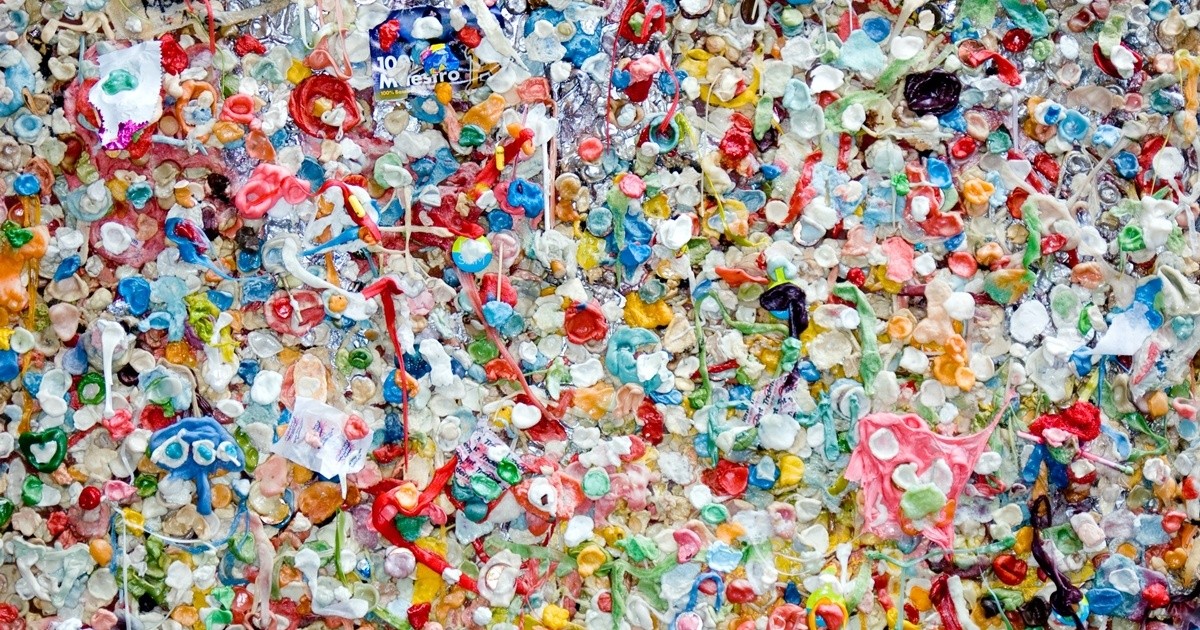
The global campaign #JulioSinPlástico invites citizens around the world to spend 31 days without using or consuming single-use plastics, with the aim of reducing their consumption. The initiative was created in 2011 in Australia by Rebecca Prince-Ruiz, an environmentalist who after visiting a recycling plant realized the seriousness of the waste problem.
Plastics are materials made up of a variety of organic, synthetic or semi-synthetic compounds, which have two characteristics: they are malleable and moldable, and their production is very low cost. They are usually used for the production of beverage bottles, detergent containers and cleaning or personal hygiene products, bags and wrappers. Through its recycling, raw material is obtained to re-manufacture the same products or others of lower quality.
Avoiding plastic in this society often seems impossible and this is where individual responsibility comes in. For example, the computer keyboard, cables and even some appliances are made of plastic. These are objects that we buy occasionally and for a very long time use.
The problem appears when we use the “single-use plastics” that are products made of this material that are used once (or not even) and throw them away: plastic wrappers and containers, utensils such as cups, plates and cutlery, plastic bags, among others.
This material is a practical solution, low cost and very efficient in many areas. In medicine, plastic is capable of saving lives but disposable plastic objects that are not recycled have a huge negative impact on the environment. So, plastic yes or plastic no? Depends on. Plastic is a very efficient solution in several areas of life. The key, to make decisions that are more sustainable, is to leave aside the use of single-use disposable plastics such as glasses, spoons, straws, unnecessary packaging of products and gifts, etc.
Something that we can implement to avoid this type of plastics, is to put together our own set of those same products (or similar use) but reusable, which replace the single-use ones. For example, you can start by using a reusable bottle, whether it’s glass, metal or even plastic. Join this challenge for a day, a week, or the entire month. Each at his own pace. The important thing is to notice the impact that every decision we make has on the planet and how used we are to discarding plastics.
"El reclamo puede ser genuino, pero construido sobre una mentira", apuntó el presidente Javier Milei…
El gobernador de la provincia de Buenos Aires, Axel Kicillof, encabezó un acto en Ensenada…
El diputado nacional de La Libertad Avanza, José Luis Espert, expresó su confianza en la…
Tras la masiva reaparición de Cristina Fernández de Kirchner, el presidente Javier Milei apuntó contra…
El principal propósito de la nueva comisión es evaluar los recursos humanos en el Senado,…
En una medida que busca redefinir las condiciones de los seguros de automóviles en Argentina,…
Esta web usa cookies.